One of the major tools of good writing is memory. Of course, we all observe things, but retaining those observations, and using them when you write is a key to bringing your characters and situations to life for readers. And for the writer.
To quote John Updike: “Memories, impressions, and emotions from the first 20 years on earth are most writers’ main material; little that comes afterward is quite so rich and resonant.”
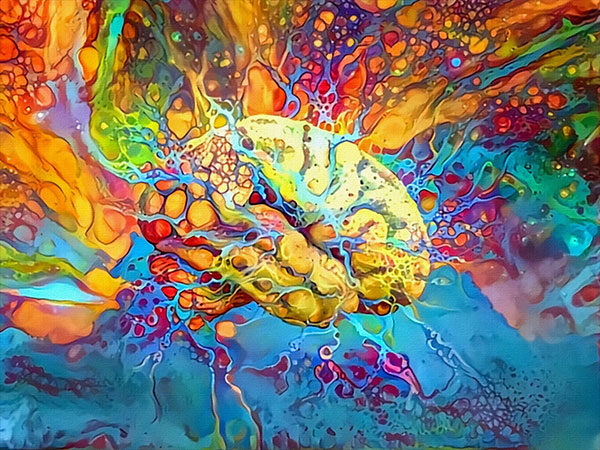
You might recall Louise Fitzhugh’s Harriet the Spy. It’s almost a primer on what a writer should do—observe—and write—along with some of the complex results.
Readers often ask me—as I know they ask other writers—if my characters are based on real people. Other authors may have different answers than mine, but my easy answer is “no.” Yet, that’s not really the full truth. Thus, the physical characteristics of Bear in Crispin were based on someone I knew—but I knew him only enough to describe him. There is nothing about what little I knew about this man’s personality in the book.
The opening of A Place Called Ugly, is based on a moment when one of my sons was talking about his distaste for returning to school after a summer vacation on the shore. But the character in the book—or the plot—is in no way like my son or what he ever did.
The plot circumstance of Sometimes I Think I Hear My Name was derived from stories I heard from one of my kid’s friends.
Catch You Later, Traitor is full of the sights and sounds of my boyhood neighborhood and memories of the political tensions of the 1950s. But the basic family story is not about my family, but is, in a major way, about the life of someone I once knew and remembered.
When you write, at any given plot moment, you are trying to decide what a character might say or do. When you do decide it is based—consciously or not—on what you have observed and remember. The more you have engaged with people, the more you have—and will—draw upon what you remember.
As Henry James said, “The artist is present in every page of every book from which he sought so assiduously to eliminate himself.”
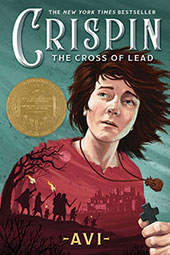
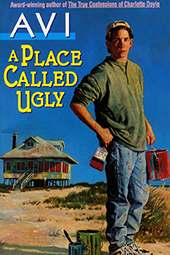
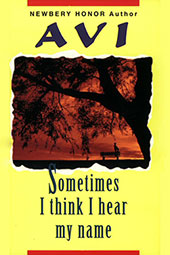
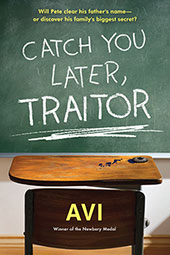
1 thought on “Memory”
So many great books from you, Avi. I’m old, but I still love your work. Thank you for all the stories.